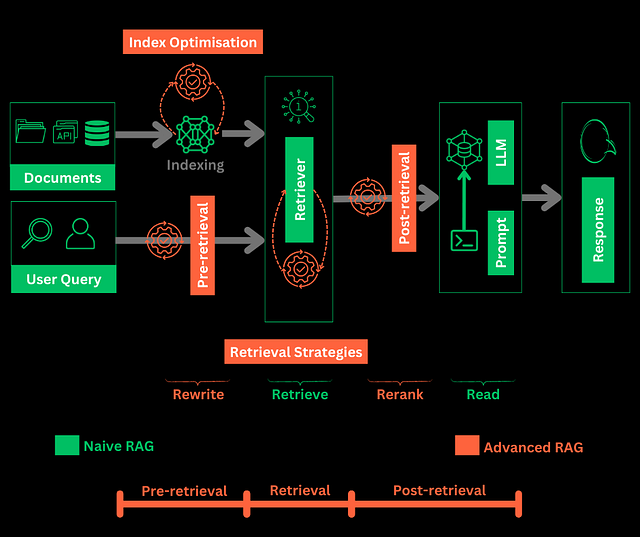A Dive Into Advanced Indexing to Enhance RAG Performance
Have you ever interacted with a generative AI application and received an incomplete or inaccurate response? What if there was a way to improve the accuracy of AI-generated content? Enter Retrieval Augmented Generation (RAG), a groundbreaking concept that has revolutionized the reliability and trustworthiness of outputs from Large Language Models (LLMs).
Introduced by Lewis et al in their renowned paper “Retrieval-Augmented Generation for Knowledge-Intensive NLP Tasks,” RAG has emerged as a game-changer in the world of AI. LLMs, which store factual knowledge in their parameters (parametric memory), can now access an external repository of information known as a knowledge base (non-parametric memory) through RAG.
By enhancing the knowledge base of LLMs with external information, RAG significantly improves the accuracy and relevance of AI-generated content. In fact, recent reports suggest that 60% of LLM applications leverage some form of RAG to enhance performance.



